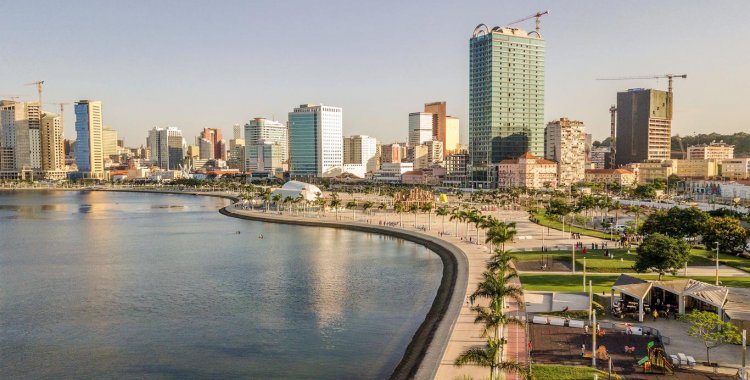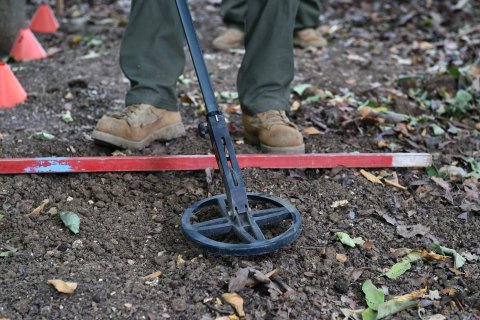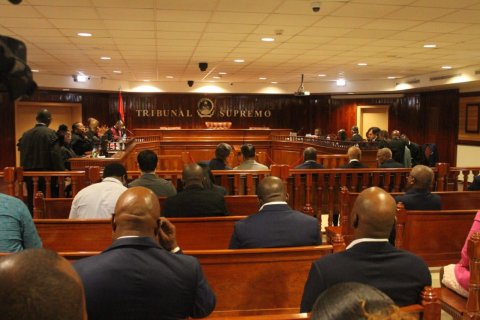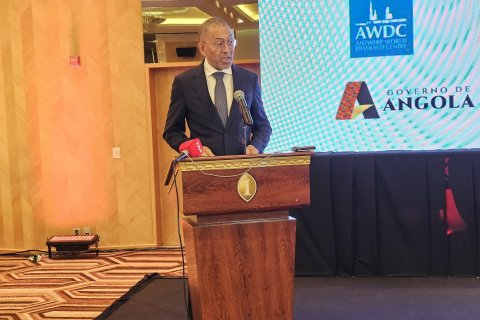"The Angolan economy grew 1.2 percent year-on-year in the second quarter of this year, with economic activity increasing for the first time since the second quarter of 2019", reads the weekly information sent to investors. Lusa had access.
In the commentary, which reviews for the first time the "2 to 3 percent" growth estimate announced in July, analysts at the research firm stress that this increase has come "compared to the worst period of the pandemic in the global economy" and recall that economic activity had, in that quarter, fallen by 8.5 percent from April to June 2019.
"Thus, the Angolan economy is still 7.4 percent below the second quarter of 2019", they stress, to conclude: "For the whole year, we expect a GDP [Gross Domestic Product] increase above 1 percent".
The oil sector, the engine of the economy, "continues in structural break", having registered a "fall of 12.3 percent in homologous terms and has been decreasing for more than five consecutive years", conclude the analysts.
In July, the BFA economic studies office estimated growth of up to 3 percent, then forecasting for 2021 "sustained growth in non-oil economic activity, gradually beginning to see some effects of economic diversification".
The economy registered a growth of 1.2 percent in the second quarter of this year compared to the same period of 2022, but had a fall of 2.4 percent compared to the first three months of the year, according to official data.
According to data from the National Institute of Statistics (INE), posted on the website earlier this week, Angola's economy expanded by 1.2 percent from April to June this year, representing the biggest growth since the first quarter of 2019, even before the covid-19 pandemic, when Angola had also grown 1.2 percent.
The rise in economic activity in the second quarter of this year is due to the very low effect of economic activity from April to June last year, in the most accentuated period of the pandemic, when Angola's economy had fallen 8.4 percent, by that the result of 1.2 percent this year does not compensate for the previous drop.
Last year, the Angolan economy contracted by 5.4 percent, following four years of negative growth driven by the drop in oil prices since mid-2016 and then by the effects of the covid-19 pandemic.
The Government of Angola expects the country's economy to come out of the recession it has faced since 2016 this year, registering a slight growth of 0.1 percent, while the International Monetary Fund anticipates a recovery of 0.4 percent.







